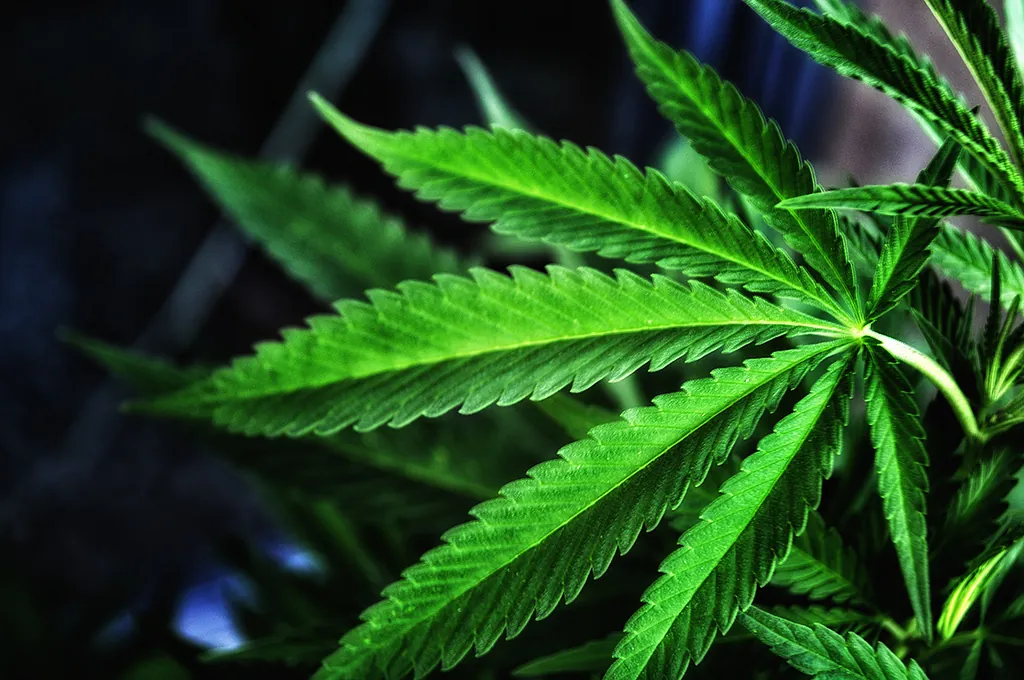New Study Shows States that Legalized Marijuana Experienced Reduced Traffic Death Rates, While Those that Maintained Criminalization Witnessed a ‘Slight Increase’
According to a recent study conducted by Quartz Advisor, states that legalized marijuana in 2016 experienced significant decreases in traffic fatalities in the years following the implementation of the policy. However, the results were less conclusive over a longer period of time, as the study noted certain nationwide “anomalies” that may have impacted the data.
In the end, the article concludes that legalizing marijuana should not be a major concern in terms of motor vehicle safety, especially when compared to the risks posed by alcohol.
According to a recent study, the legalization of cannabis has not been linked to any considerable rise in traffic fatalities in the regions where it has been allowed. In contrast, alcohol, which is still legal, easily accessible, and a part of our societal norms, cannot make a similar claim. It continues to be a significant cause of traffic accidents and related fatalities.
In states that legalized marijuana, “traffic fatalities declined or remained the same in the three years that followed, compared to a slight increase in states where it remained illegal.”
According to a study, in states where marijuana was legalized, there was either a decrease or no change in traffic fatalities in the three years following the legalization, while states where it remained illegal saw a slight increase.
A recent study analyzed traffic fatality data from California, Maine, Massachusetts, and Nevada – four states that legalized adult-use cannabis in 2016. The study, which has not undergone peer-review, compared the vehicle death rates of these states to the national average, as well as to rates in five states where marijuana remained illegal during that time period: Idaho, Indiana, Kansas, Nebraska, and Wyoming. This comparison provides insight into the potential impact of legalizing marijuana on traffic fatalities.
According to a recent study, marijuana-intoxicated drivers exhibit only slight impairments during actual road tests, despite the concerning findings from cognitive studies. In fact, experienced individuals who regularly consume marijuana and then drive on a predetermined course demonstrate minimal functional impairment while under the influence of the drug.
One of the major concerns surrounding cannabis use is the lack of a reliable method to test for marijuana impairment. Unlike alcohol, there is no standardized test that can accurately determine if someone is currently under the influence of cannabis or if they consumed it in the past. The existing drug tests are insufficient and can often produce confusing results. This uncertainty has raised serious concerns about the safety of driving under the influence of marijuana.
In the THUD bill report presented to Congress this summer, it was mentioned that the House Appropriations Committee still backs the creation of a standard measure to evaluate marijuana impairment, along with a corresponding field sobriety test to ensure the safety of drivers on the road.
During a congressional committee meeting in February, the American Trucking Association (ATA) expressed their concerns regarding the conflict between state and federal cannabis policies. The head of ATA urged lawmakers to take action and address this issue as the trucking industry continues to struggle with shortages.
According to data from the Department of Transportation (DOT), a significant number of commercial truck drivers are testing positive for marijuana during the federally mandated screenings. The figures reveal that tens of thousands of truckers are showing up positive for the substance.
Last year, Senator John Hickenlooper (D-CO) wrote to the Department of Transportation (DOT) requesting an update on the federal report’s progress regarding the obstacles faced in developing a standardized test for detecting marijuana-impaired drivers on the roads. The report must be completed by November, as mandated by a significant infrastructure bill signed by President Joe Biden.
According to experts and advocates, the correlation between THC concentrations in blood and impairment is still unclear.
In 2019, a study was published which found that individuals who drove with the legal THC limit (usually between two to five nanograms of THC per milliliter of blood) were not significantly more prone to accidents than those who didn’t use marijuana.
In 2019, the Congressional Research Service conducted a study that found that marijuana consumption can impact a person’s response times and motor performance. However, the impact of marijuana usage on a driver’s risk of being involved in a crash has produced conflicting results. Some studies have found little to no increased risk of a crash from marijuana usage.
According to a recent study, smoking CBD-rich marijuana did not have any significant impact on driving ability. Interestingly, all participants in the study had exceeded the per se limit for THC in their blood.
More News:







